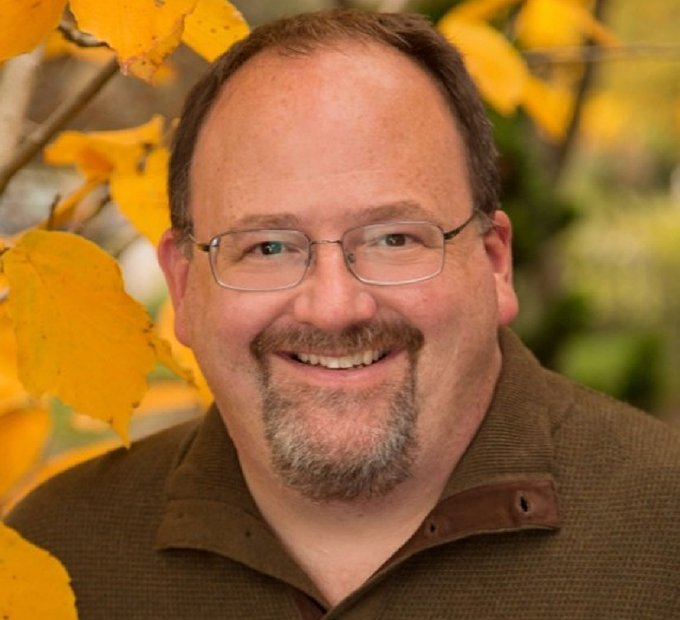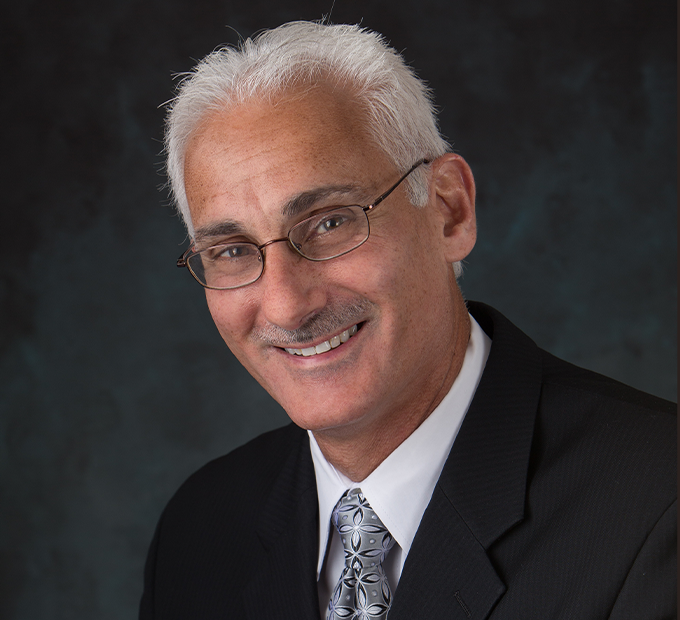President/Executive Director
Meet Dr. Ben Sutter

Dr. Ben A. Sutter is the elected Executive Director of the North American Institute for Digital Occlusion (NAIDO), because since 2005 after graduating from Rutgers School of Dental Medicine, he has extensively studied and treated patients with TMJ dysfunction (TMD). In 2006, he completed a General Practice Residency at the Overlook Hospital in Summit, NJ, and currently owns a solo private general dentistry practice in Eugene, OR. For the past 17 years, Dr. Sutter has practiced with and researched TMD conditions with multiple biometric occlusal technologies. His scientific endeavors with these technologies, has led to him developing proven-effective clinical treatment alternatives for those patients diagnosed with Trigeminal Neuralgia (TN) and Meniere's Disease (MD).

Throughout his dental career, Dr. Sutter continuously sought out advanced education and training to better treat Neuromuscular and Dental Occlusion problems. He has authored or co-authored over 40 peer-reviewed articles and abstracts about the subjects of Measured Digital Occlusion and Disclusion Time Reduction (DTR). Most notably are three textbook chapters he authored focusing on Disclusion Time Reduction (DTR) and Human Mastication, which are published in the 2025 Handbook of Research on T-Scan Technology Applications in Dental Medicine. Additionally, since its inception in 2018, Dr. Sutter has served as the Editor in Chief of the Journal of Advanced Dental Technologies and Techniques; an open access free of charge scientific publication specifically chartered to educate medical and dental professionals, and the many patients that are affected by chronic Orofacial Pain.
Importantly, Dr. Sutter has formed the non-profit foundation, The North American Institute for Digital Occlusion (NAIDO), to ensure there will be continued scientific research efforts made towards eliminating Orofacial Pain, that will be funded by the generous donations of like-minded health care providers.
Robert Kerstein - Vice President

Dr. Robert B. Kerstein received his D.M.D. degree in 1983, and his Prosthodontic certificate in 1985, both from Tufts University School of Dental Medicine, where until 1998, he maintained an active appointment at Tufts as a clinical professor teaching Fixed and Removable Prosthodontics. In 1984 Dr. Kerstein began studying the original T Scan I technology. It was during those early years of his understanding the first T-Scan when Dr. Kerstein discovered the Disclusion Time, and its’ direct effect to elevate patient masticatory muscle activity levels which caused many Temporomandibular Disorders (TMD) symptoms. Then in 1987, Dr. Kerstein began developing and clinically testing Disclusion Time Reduction (DTR) as a treatment modality for chronic Temporomandibular Disorders (TMD). Since that time he has rigorously studied Disclusion Time Reduction with the T-Scan II, T-Scan III, T-Scan VII, T-Scan 8, T-Scan 9, and now the present-day T-Scan 10 Novus technology.
Over the past 40 years, Dr. Kerstein has published many original research studies using all versions of the T-Scan, that has led to his becoming the leading authority and researcher in the field of Computerized Occlusal Analysis. His findings have been published in the Journal of Prosthetic Dentistry, the Journal of Craniomandibular and Sleep Practice, Quintessence International, Practical Periodontics and Aesthetic Dentistry, the Journal of Computerized Dentistry, the Compendium of Continuing Education, the Journal of Implant Advanced Clinical Dentistry, Cosmetic Dentistry, Advanced Technologies and Techniques, and the Journal of Oral and Maxillofacial Implants. Additionally, Dr. Kerstein has edited 9 research volumes about all the known applications of the T-Scan Computerized Occlusal Analysis technology.
A pioneer and academic science advocate for digital occlusal technology, Dr. Kerstein teaches a measured system which greatly improves the success of bite-related procedures commonplace in every dental practice. Measured Digital Occlusion provides predictable, rapid bite comfort for most patients, resolves most common TMD conditions without appliances, Botox, splints, deprogrammers, orthotics, or physical therapy, while also lessening patient medication dependance and improving patient emotional well-being.
Tamara Swift - Treasurer

Trinity Anderson - Secretary

